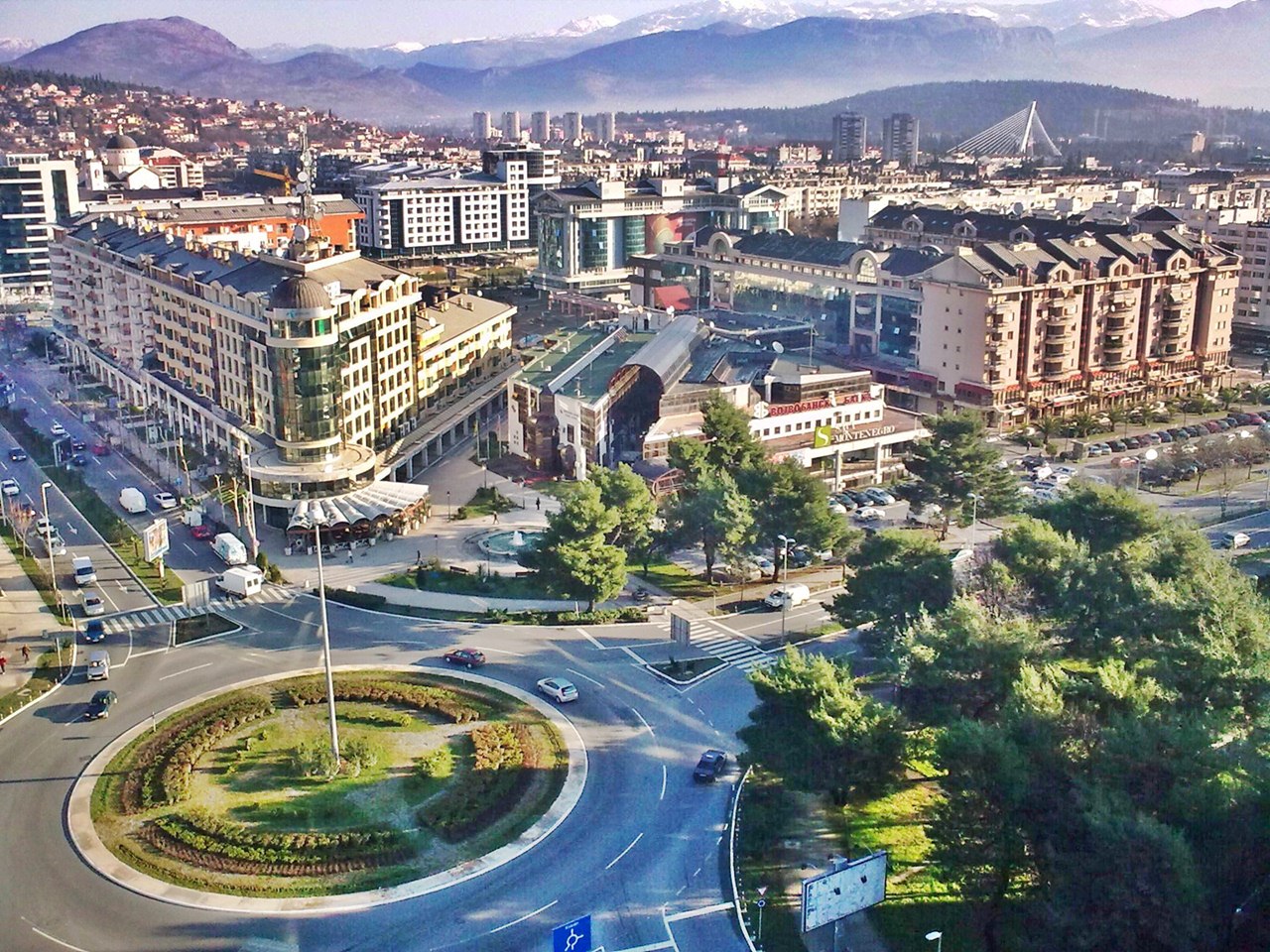Huseyn Javid's bust set up in Montenegro

By Sabina Idayatova
Under the order of Azerbaijani President Ilham Aliyev on the 130th anniversary of Huseyn Javid, a solemn opening ceremony of unveiling the prominent Azerbaijani poet and playwright's bust, which was erected in the historical Kings Park in Montenegro`s capital Podgorica, and the "Baku" street in the city center was held on Sept.11.
According to the Azerbaijani diplomatic representation in Montenegro, the event was attended by Montenegro's Prime Minister Milo Djukanovic and Azerbaijani Deputy Prime Minister Elchin Efendiyev, as well as other government officials, diplomats, notable intellectuals, cultural and art figures, and media representatives.
Efendiyev, Montenegrin Minister of Culture Branislav Micunovic, Podgorica Mayor Miomir Mugosa and others made speeches at the ceremony.
Then a bay-tree was planted in the park as a symbol of the
Azerbaijani-Mont
The perpetuation of the memory and the set-up of Javid's bust in Montenegro was carried out on the initiative of President Ilham Aliyev.
At the entrance to the park there is a plaque saying the reconstruction and amenities work at the Kings Park has been carried out at the initiative of President Aliyev, with the support of the Azerbaijani government and Podgorica Mayor's Office as a symbol of the friendly relations between Azerbaijan and Montenegro.
National architectural styles of Azerbaijan and Montenegro were used during the park`s construction.
Huseyn Javid was a great Azerbaijani poet and playwright of the early 20th century. He was one of the founders of the progressive romanticism movement in the contemporary Azerbaijani literature.
Javid's first book of lyrical poems, titled The Past Days (Kechmish Gunlar), was published in 1913. In Javid`s literary tragedy Sheikh Sanan (1914), Javid philosophized about the idea of a universal religion to lift the inter-religious barrier between human beings. His most famous creation, Iblis (The Satan), written in 1918, exposed all oppressive forces as the supporters of "humans are wolves to each other" philosophy and "the 20th century cultural savages", and summarized them in the character of Satan.
During the 1920s and 1930s, Huseyn Javid authored a number of historical epics, such as Peyghambar (The Prophet) in 1922, Topal Teymur (Timur) in 1925, Sayavush in 1933 and Khayyam in 1935.
Here we are to serve you with news right now. It does not cost much, but worth your attention.
Choose to support open, independent, quality journalism and subscribe on a monthly basis.
By subscribing to our online newspaper, you can have full digital access to all news, analysis, and much more.
You can also follow AzerNEWS on Twitter @AzerNewsAz or Facebook @AzerNewsNewspaper
Thank you!
